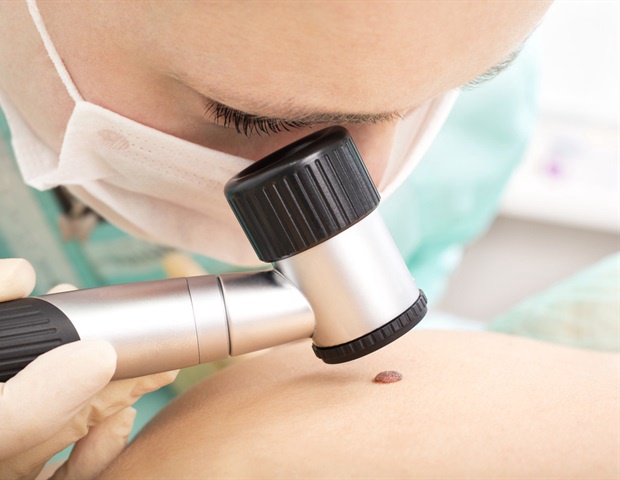Overview
- Next-generation sequencing of 41 LSCC cases identified 94 mutations across 23 genes, underscoring extensive genetic heterogeneity.
- TP53 mutations were most prevalent at 30.85%, followed by NF1 (20.20%) and PTEN (11.70%), highlighting disruption of key tumor suppressor pathways.
- Novel alterations in NF1, PTEN and PIK3CA point to new therapeutic targets in a cancer subtype that has lacked actionable mutations.
- PIK3CA variants were significantly associated with younger patient age, while PTEN mutations correlated with mild inflammatory reactions in the tumor microenvironment.
- The findings support integrating routine mutational profiling into clinical practice to guide precision medicine trials and individualized treatment plans.
